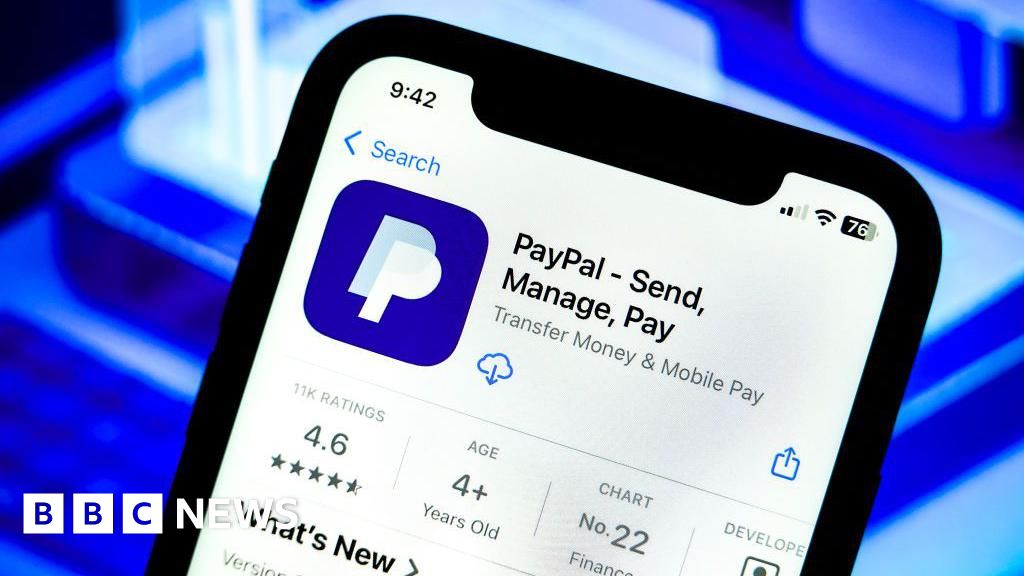European banks have seen widespread unauthorized direct debits from PayPal accounts, the German Savings Banks Association (DSGV) says. The German newspaper Sueddeutsche Zeitung (SZ) reports that payments worth in the region of €10 billion (£8.6bn) have had to be blocked after PayPal's fraud-checking system failed. Payments were paused on Monday following reports from lenders about millions of suspicious direct debits initiated by the payment firm.
The DSGV confirmed to the BBC that there had been 'incidents involving unauthorized direct debits initiated by PayPal against various credit institutions.' The BBC has approached PayPal for further comment.
PayPal has stated that certain transactions from its banking partners and possibly their customers were impacted by a temporary service interruption. They assured that they quickly identified the issue and are working closely with banking partners to update all affected accounts. Payment transactions to and from PayPal have returned to normal.
The DSGV highlighted the significant impact of these incidents on payment transactions across Europe, specifically in Germany, and indicated that supervisory authorities have been informed.
To combat future fraudulent transactions, PayPal aims to filter out scams through a security system designed to prevent fake direct debits set up by criminals. According to the SZ, the filter system failed on Monday, allowing unchecked direct debits to be sent to banks alongside legitimate ones, which coincidentally led to a slight decline in PayPal's shares, falling by 1.9% following the report.
The DSGV confirmed to the BBC that there had been 'incidents involving unauthorized direct debits initiated by PayPal against various credit institutions.' The BBC has approached PayPal for further comment.
PayPal has stated that certain transactions from its banking partners and possibly their customers were impacted by a temporary service interruption. They assured that they quickly identified the issue and are working closely with banking partners to update all affected accounts. Payment transactions to and from PayPal have returned to normal.
The DSGV highlighted the significant impact of these incidents on payment transactions across Europe, specifically in Germany, and indicated that supervisory authorities have been informed.
To combat future fraudulent transactions, PayPal aims to filter out scams through a security system designed to prevent fake direct debits set up by criminals. According to the SZ, the filter system failed on Monday, allowing unchecked direct debits to be sent to banks alongside legitimate ones, which coincidentally led to a slight decline in PayPal's shares, falling by 1.9% following the report.






